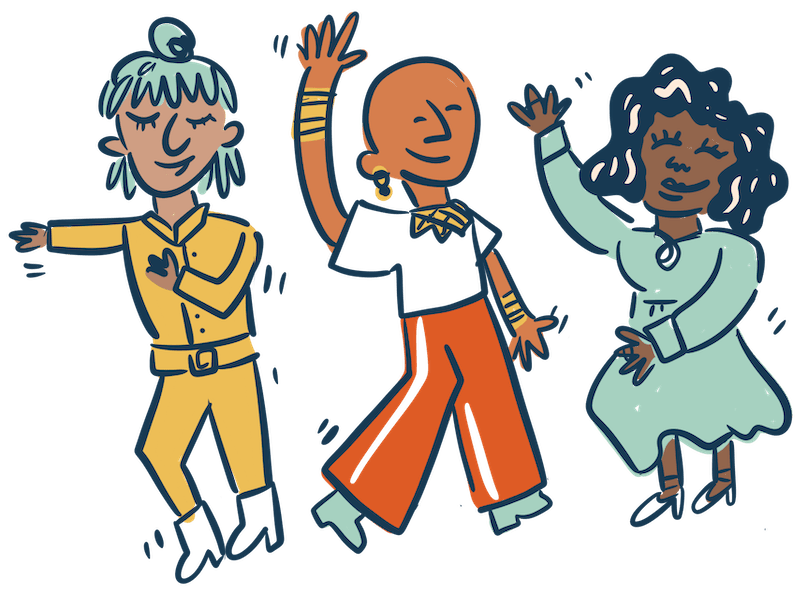Founded in 2019, People Power is a nonprofit social enterprise with a mission to identify, develop, and match people to power the movement for social justice. Seeking to bring creativity, transparency, and joy to the way we connect talented people to meaningful opportunities, our vision is grounded in the collective wisdom of our broad and diverse intergenerational network. Located in the San Francisco Bay Area, we welcome partnerships across the United States and Puerto Rico.
We provide talent search services for organizations and career advising services for individuals.


People Power specializes in serving leaders and organizations with a commitment to collective liberation. We share in this work and also in its promise: that by collaborating together to challenge interconnected systems of oppression, it is possible to create the kind of world we want to live in—a place of abundance and well-being where everyone is seen and supported in their full humanity.
Committing to Our Values

People First
We love people! We commit to valuing the humanity of everyone we engage with as unique individuals, each with their own special set of gifts, lived and professional experiences, and desires to connect with what will allow them to be most aligned with their purpose. For us, building trusting, compassionate, and non-transactional relationships isn’t a secondary activity, it is “the work.”

Flexibility & Creativity
Dynamic movement organizations require dynamic talent search processes. We commit to being flexible, creative, and emergent in the way we engage with our clients. Our optimistic approach allows us to always remain curious and open to solving whatever challenges may arise.

Transparency & Authenticity
We acknowledge the power imbalances that can be present in activities related to employment processes. We commit to sharing as much information as possible and to building shared understanding with candidates and employers throughout. Transparency and authenticity strengthens our capacity to nurture enduring connections. We bring our whole selves to this work and hope you will too.

Joy & Celebration
We are in awe of the movement leaders we serve, those who despite everything continue to boldly lead us towards a vision of abundance and well-being for all. We commit to following their lead in making space for joy in what can often be difficult work. We are honored to celebrate the many people we have met over the years who have dedicated themselves to the movement.
